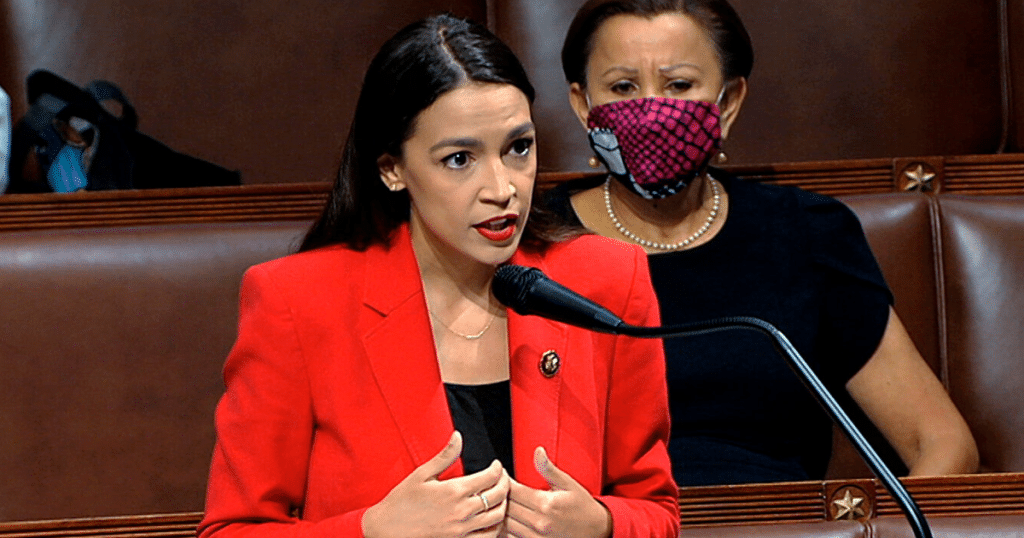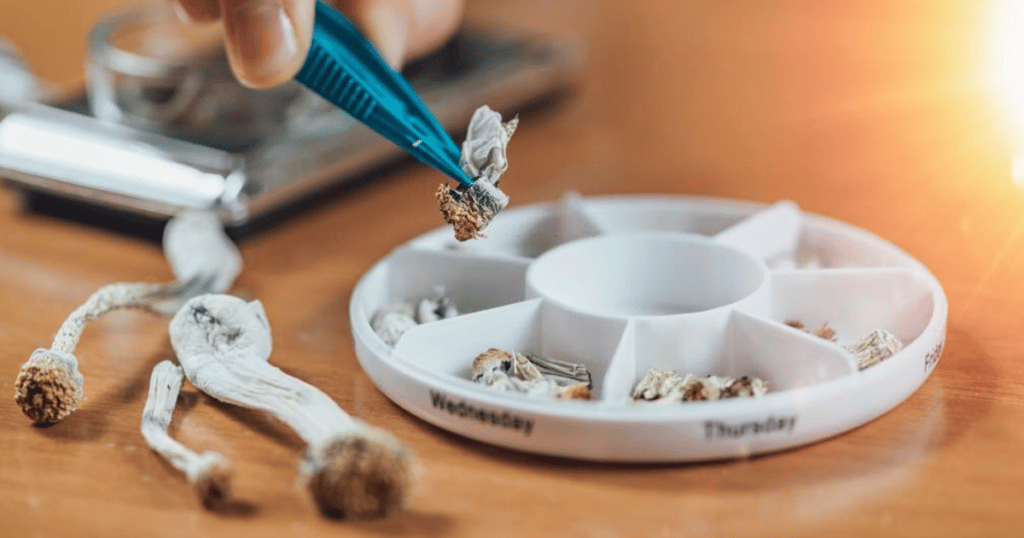The United States is in the midst of a psychedelic renaissance. As the public becomes more aware of the potential benefits of these substances and as politicians come around to recognizing the fact that the War on Drugs is a failure, we are seeing growing support for legalizing psychedelics.
In fact, there is bipartisan support for legalizing psychedelics across party lines. Over 70% of voters support decriminalizing or legalizing marijuana and other psychedelics according to recent polling data from Quinnipiac University. This trend has been building for years—and it shows no signs of slowing down.
One area where this shift in public opinion is particularly pronounced is in military service members’ access to psilocybin and MDMA (also known as ecstasy). These substances have been shown to be effective treatment options for post-traumatic stress disorder (PTSD) and other mental health issues in veterans returning from war zones abroad.
Bipartisan Support For Psychedelic Research
Rep. Alexandria Ocasio-Cortez (D-NY) and Rep. Dan Crenshaw (R-TX) both sponsored amendments to the 2023 Fiscal Year National Defense Authorization Act (NDAA) that would require the Department of Defense (DOD) to study the therapeutic potential of psilocybin and MDMA as alternatives to opioids in the treatment of PTSD and traumatic brain injuries. The measure passed by a vote of 348-56 and now heads to the Senate for consideration.
Both lawmakers expressed hope their measures would advance through Congress and become law but there’s still a long way to go before that happens. Crenshaw told Marijuana Moment he was proud his amendment passed through the House despite his colleagues’ potential misgivings who might view research-focused policy proposals like this one as liberal priorities. He said he was working hard to communicate to his peers this is sound legislation that could save lives by opening up new treatment options for veterans suffering from PTSD and traumatic brain injuries (TBIs).
A bipartisan coalition of House members, including Reps. Madeleine Dean (D-PA), Earl Blumenauer (D-OR), Brian Fitzpatrick (R-PA), Dean Phillips (D-MN), and Michael Waltz (R-FL), sent a letter to the head of the U.S. Department of Health and Human Services earlier this year urging him to consider establishing an “interagency taskforce on the proper use and deployment of psychedelic medicine and therapy.”

Battling With The DEA
In January, a coalition of congressional lawmakers, including Blumenauer and Rep. Tom W. Marino (R-PA), sent a letter to the Drug Enforcement Administration (DEA) imploring the agency to allow terminally ill patients to access psilocybin as an investigational drug pursuant to federal “Right to Try” statute enacted under the Trump administration.
Bipartisan House and Senate lawmakers filed companion bills last week seeking to clarify the intent and application of the “Right to Try” law at the center of this case. Sens. Cory Booker (D-NJ) and Rand Paul (R-KY), along with Blumenauer and Rep. Nancy Mace (R-SC), are lead sponsors of this legislation.
The DEA’s scheduling decisions have been cited by advocates and researchers as major barriers to studying the potential therapeutic benefits of psychedelics.
In May, activists, including one of the plaintiffs in the Right to Try case, Erinn Baldeschwiler, staged a demonstration outside of DEA headquarters in Virginia calling on the agency to allow terminally ill patients access to psilocybin therapy.
The DEA is separately being sued over repeated delays in processing requests for public records related to psychedelics and marijuana.
The agency recently rescinded its proposal to ban five psychedelic compounds scientists say could hold significant therapeutic potential. The DEA also canceled a hearing it previously scheduled on the proposal.
Separately, the agency has also increased production quotas for certain psychedelics like psilocybin in an effort to promote research but its scheduling decisions have continued to represent obstacles for scientists.

The Public Opinion On Psychedelics
A recent poll found the majority of Americans support further research into psychedelic drugs and their potential medical uses. This is good news for advocates as it indicates a strong public sentiment in favor of more data-driven approaches to drug policy.
The poll also showed less than one-third of Americans want full legalization of these drugs. However, those who have personally used these substances are more likely to support legal change as well as people living in the western part of the country.
The public generally supports further psychedelic research and with good reason. These substances have the potential to help us understand consciousness, mental health, and even our relationship with death, which is something we all eventually face.
However, there are still roadblocks in the way of scientists who want to study these substances. In order to better understand their potential benefits, it’s important we remove these roadblocks and allow scientific research into psychedelics to continue.
Enjoyed that first hit? Come chill with us every week at the Friday Sesh for a freshly packed bowl of the week’s best cannabis news!
















